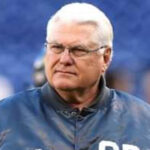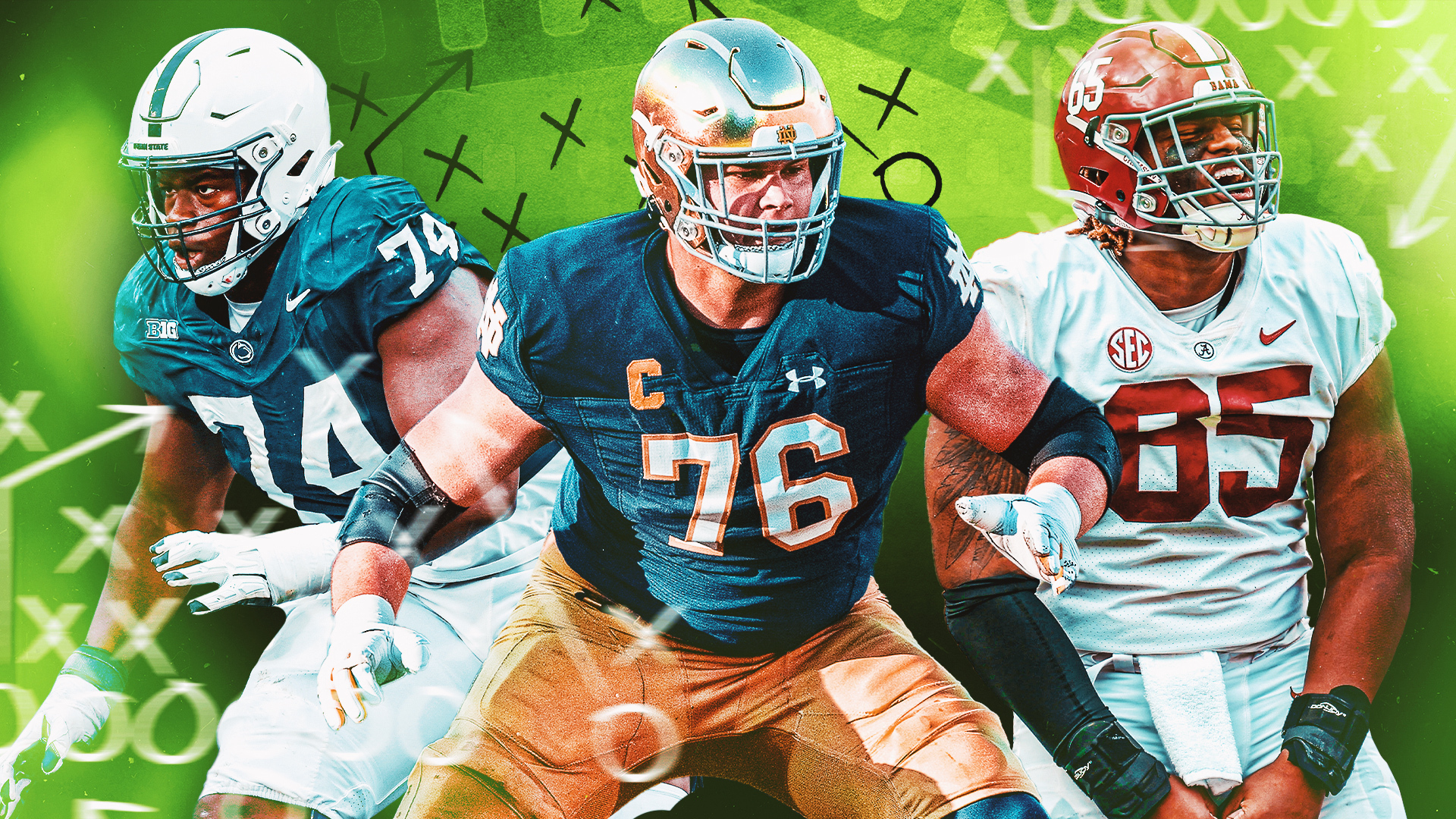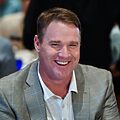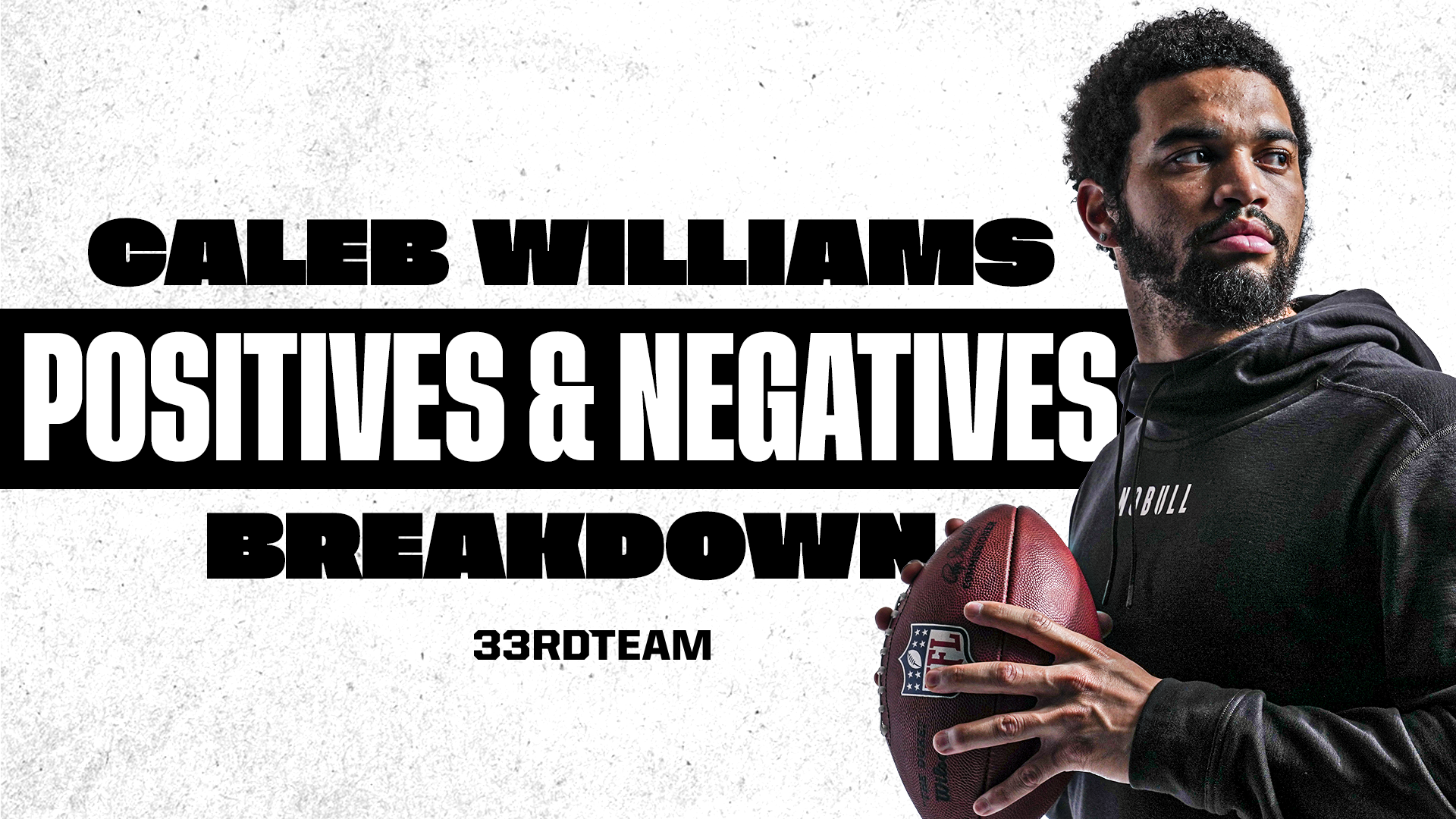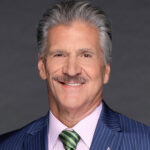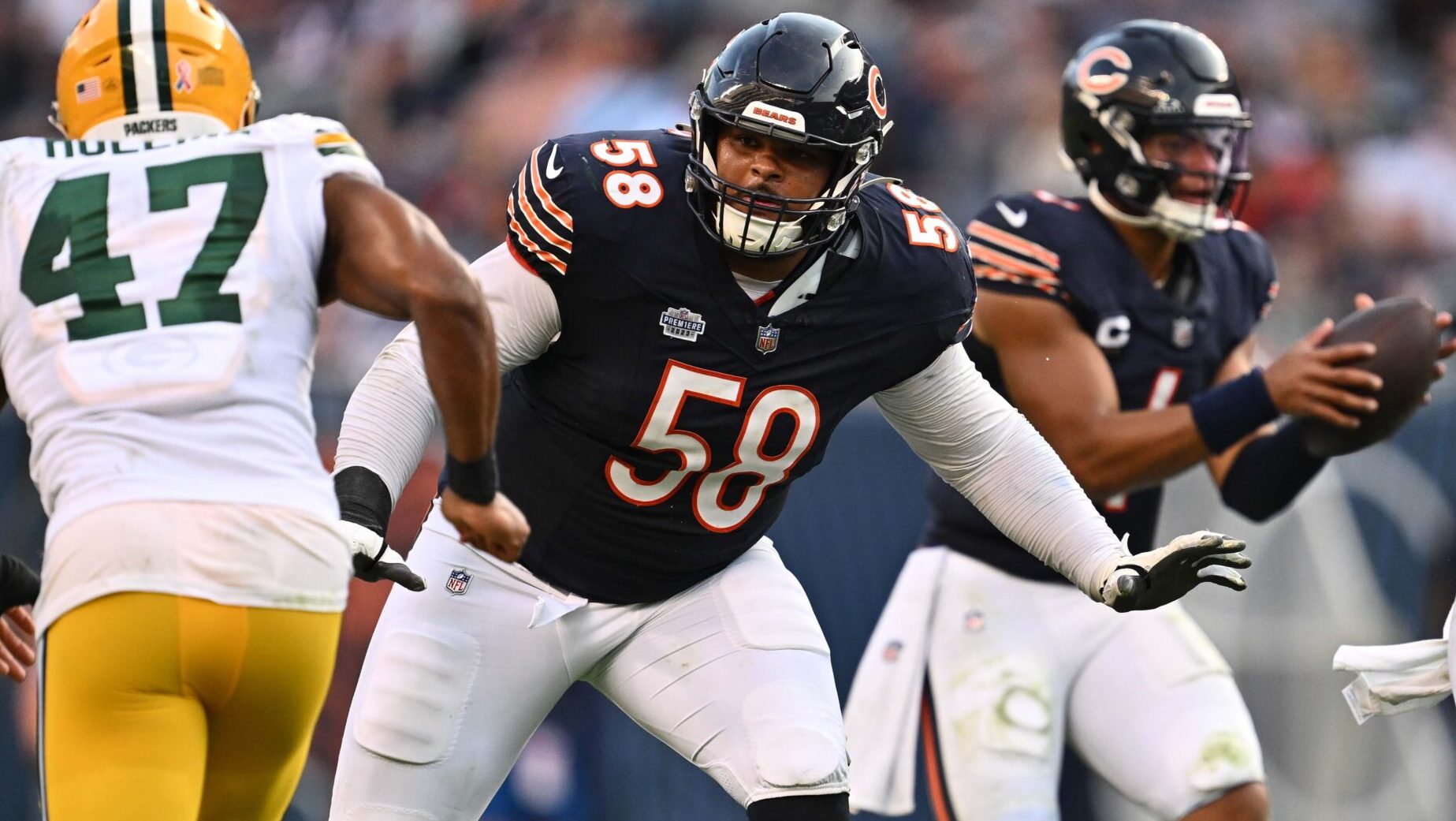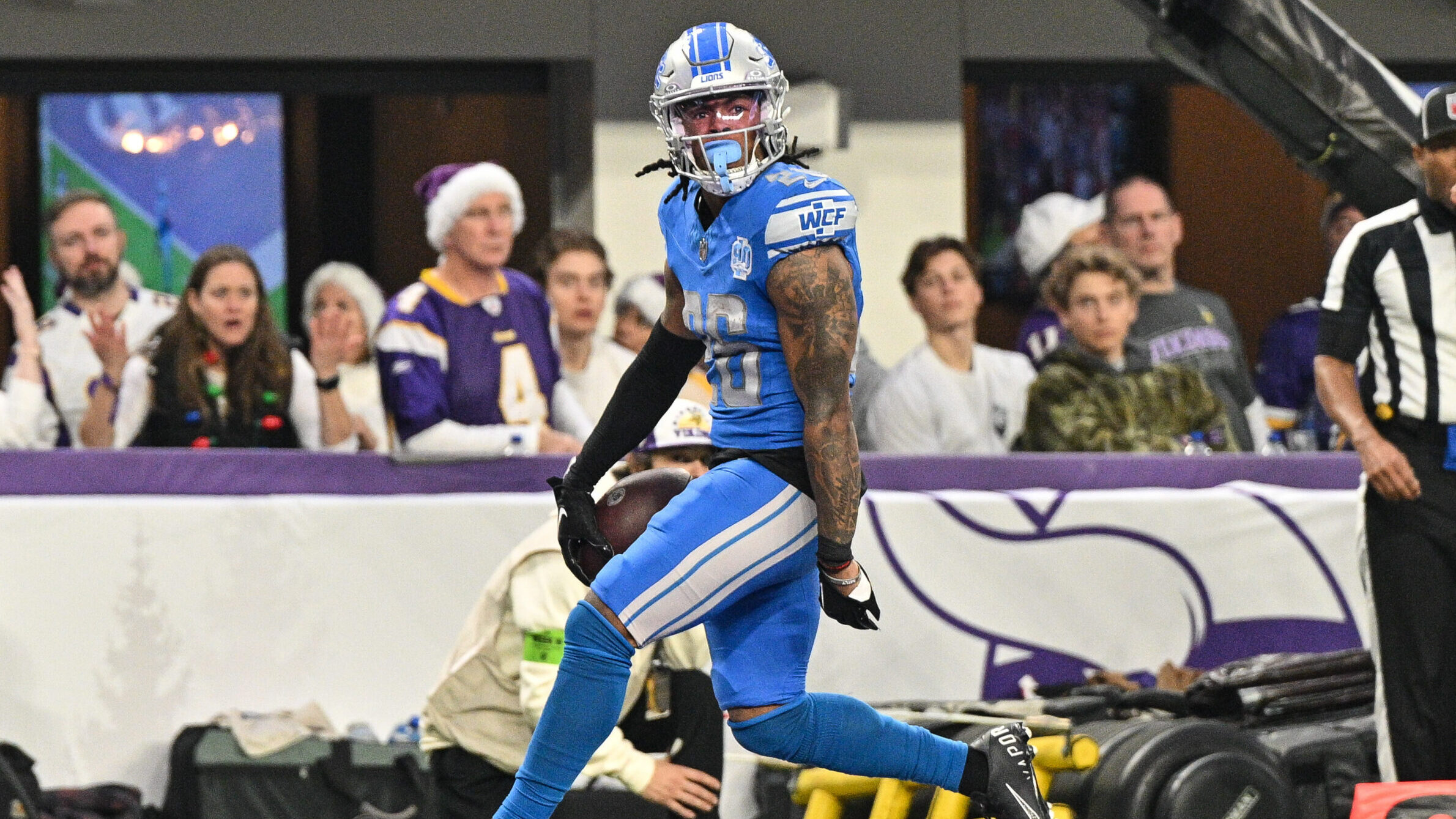Breakdowns
2/26/21
5 min min read
The Friday Five: Albert Breer
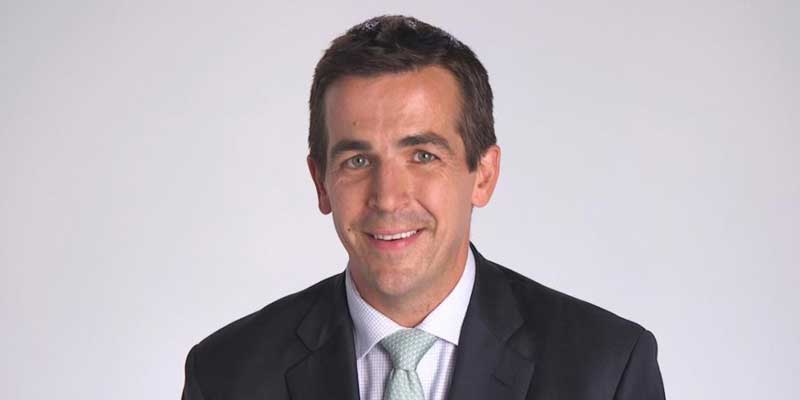

Few NFL Insiders are as tuned in to what's happening around the league than Albert Breer of Sports Illustrated and The MMQB. He's got nearly half a million Twitter followers, all of whom consider his Monday Morning Quarterback column appointment reading.
We caught up with Breer for this week’s “Friday Five” …
1. Who is your biggest mentor?
It’s hard for me to pick one person as a mentor when there have been a lot of people that have been really good to me at different points in my career.
Back when I was with the Metro West Daily News, I started there when I was a stringer in high school, worked there over the summers in college, then I went on to cover the Patriots there. John Tomase, Tom Curran and Mike Reiss were three guys that encouraged me a lot. Even to this day, there’s no one that’s more honest with me than Tom Curran, so he’s a big one for me just because when I’m doing something wrong it’s good to hear someone who’s willing to tell you that. So he’s been great.
Then at the Dallas Morning News, Rick Gosselin and Jacques Taylor were two guys who were incredible to me. Moving to a part of the country that I didn’t know at all, Goose and Jacques would take me out to lunch, tell me what I needed to hear, and they had a good sense for dealing with younger people. Goose was one of the reasons I wound up getting the job in the first place. Both of those guys were awesome to me when I was there.
The NFL Network was a little different, but Rich Eisen was somebody that was fantastic to me as far as learning to do TV. And later in my career, getting to work with Peter King was awesome. I never wanted to feel like I had it all figured out, but the older you get, the fewer people you can go to to really give you valuable stuff, who have a level of expertise that really can be something to emulate. Peter was so great from that regard, just being able to fine-tune what I wanted to get at and figure out how to do the job in a better, more efficient way. Peter was awesome along those lines.
2. What’s your top pet peeve?
When people refer to things in football as revolutionary. I had an interesting conversation with Chip Kelly about the zone read a few years ago. I asked him if he thought they were on the front end of a revolution in the NFL and he said, “No, everything’s cyclical.” And he brought up this coach, Dutch Meyer, who coached TCU back in the ‘50s. You can look him up. This guy had run RPOs in the late ‘40s and early ‘50s at TCU. And Kelly said that all this stuff has been done before. Everything’s cyclical.
There’s this feeling that everything is revolutionary. I guess it sort of bothers me because there have been a lot of smart people in the game for a long time, and the idea that something is blowing up what’s been done in the past, I don’t think that pays proper respect to what’s been done in the past. What I love about the sport is that it lends itself to constant evolution – which isn’t revolution. You constantly see new ideas in the sport because of the way the sport is.
3. What’s your favorite book?
“Friday Night Lights” is my favorite book, and I’ve read it three or four times. To me, it’s such a good example of why I love football. The ability to confront some of the things that were wrong in that town… great journalism by Buzz Bissinger. You have the journalism aspect, shining a light on a lot that was going wrong in that town. But it also showed the power of football, what it means in different parts of the country. It illuminated something that needed a light shined on it, but it also encapsulated what the sport can mean. It’s interesting, because the passion for football in a little town like that isn’t that different than the passion for the Eagles in Philadelphia or the Browns in Cleveland. It’s just on a different scale. I just love that book, because there are so many layers to it that makes it great.
4. If you could have dinner with any three people in history, who would they be?
Bill Clinton, Michael Jordan and Jay-Z. All three of those guys transcended what they did for a living. Clinton transcending being the president to me is amazing. We’ve obviously seen the impact Michael Jordan has had on sports business, despite being “just an athlete.” He was able to be so much more than an athlete. I think so much of what athletes try to be now, Jordan was the foundation for that. Jay-Z is sort of the same thing, where he was a musician who learned to leverage one thing that he was good at into so many different things. I think anyone would learn a lot from the three of them. And the other thing is, those guys might all have skeletons in their closet, too. And I love good conversation. I think the conversation with those three, not only about what they do well, but some of the stuff in their past, would be really, really interesting.
5. If you could go back in time, what advice would you give your teen self?
Calm down. It’ll come to you. When I was 23, 24 years old, I wanted it to happen so fast for me. I saw other people get jobs that I wanted. You saw people that were my age that were covering the Dodgers for the L.A. Times or the Patriots for the Boston Globe. Big beats at big papers, and I was covering high school sports for a suburban paper. The fact that I had to fight for what I got, that I had to work 70- and 80-hour weeks. When I started covering the Patriots, I was given the beat on the premise that if my high school coverage slipped at all, I was gonna be pulled off the beat. It was tough at the time, but tremendous for me long-term. It makes me appreciate what I have, what I get to do for a living. I look at what I get to do for a living as a privilege. I look at my job as it’s not really work. Covering high school sports, when I had to do it I treated those beats like they were pro beats. The difference between thinking you’re working hard and knowing you’re working hard, getting to learn that at an early age – and being forced to learn that – was so valuable. So the best advice I would give myself is, Calm down. Make the most of the situation you’re in. If you keep doing good work, it’ll wind up paying off.

